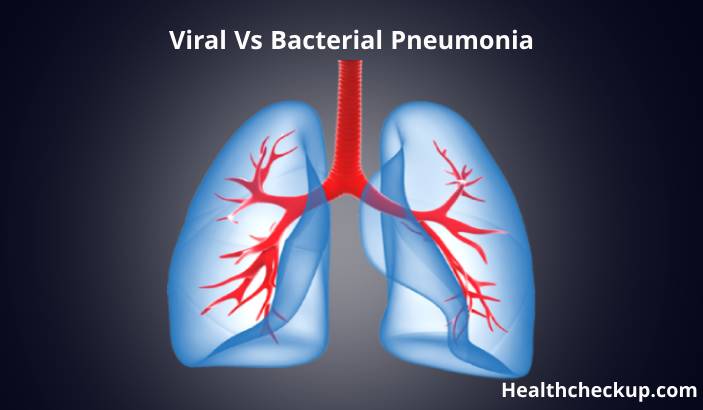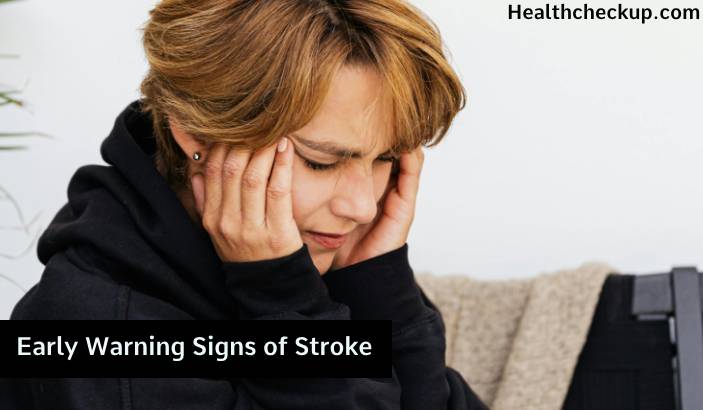Creutzfeldt-Jakob disease (CJD) is a rare, degenerative brain disorder that causes rapid cognitive decline and death. It is caused by abnormal proteins called prions that accumulate in the brain and lead to the death of brain cells. CJD is classified as a transmissible spongiform encephalopathy, which means that it is caused by the transmission of abnormal proteins from one person to another.
Symptoms of CJD
Symptoms of CJD typically appear suddenly and progress rapidly, often leading to death within a few months of symptom onset. Symptoms include:
- Rapid cognitive decline
- Memory loss
- Confusion
- Personality changes
- Mood swings
- Visual hallucinations
- Difficulty walking
- Muscle twitching and spasms
Diagnosis of CJD
CJD is typically diagnosed based on the presence of characteristic symptoms and a history of risk factors, such as receiving a contaminated medical product or having a family history of CJD. Laboratory testing, such as a spinal tap or brain biopsy, can also be used to confirm the diagnosis.
Treatment of CJD
There is no cure for CJD and treatment is typically supportive, aimed at managing symptoms and providing comfort. Treatment includes medications to manage pain, control muscle spasms, and treat symptoms such as anxiety or agitation.
Prevention of CJD
There are several steps that can help to reduce the risk of CJD, including:
- Avoiding contact with infected tissue: CJD can be transmitted through the use of contaminated medical products, such as certain types of growth hormone or dural grafts. It is important to follow guidelines from public health authorities to reduce the risk of infection.
- Avoiding high-risk activities: CJD can be transmitted through certain high-risk activities, such as cannibalism or the use of contaminated needles for drug use. It is important to avoid these activities to reduce the risk of infection.
- Practicing good hygiene: Washing hands and practicing good hygiene can help to reduce the risk of infection.
It is important to follow guidelines from public health authorities and to seek medical attention if you suspect that you are at risk of CJD. Early diagnosis and treatment helps to slow the progression of the disease and improve quality of life.









